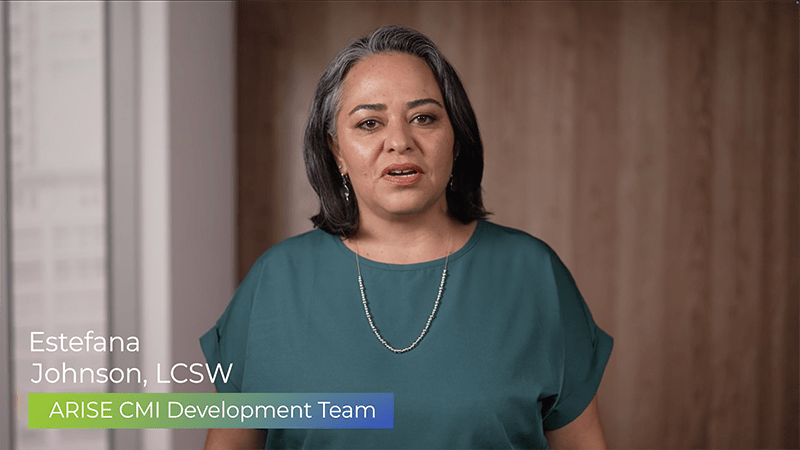When every client is different and the script no longer fits, CMI™ helps you, the Clinician, follow what’s true.

CMI is Designed for Clinicians Who…
Want a more attuned and intuitive way to guide healing, beyond rigid protocols, scripted steps, or burnout
Believe every client’s path is unique and are committed to following their inner cues, not overriding them
Are curious, experienced, and ready to integrate somatic and experiential work into something that feels both grounded and effective
Healing is Personal.
So is the Way You Guide It.
CMI helps clinicians tune into what’s uniquely true for each client, beyond diagnostic labels or scripted protocols. It supports the deep, body-informed work your clients need, while honoring your instincts as a clinician.
- Supports somatic and experiential work with clarity and purpose
- Reduces therapist fatigue by working with the nervous system, not against it
- Encourages faster insight and integration without rehashing stories
- Works alongside your current tools, not in place of them

CMI™ Live Information Session Schedule
Available via Zoom, view our upcoming live webinar schedule:
- WED 08.06.25: 11am EST – What Kind of Therapy is CMI?
- WED 09.03.25: 11am EST – Who is a good fit for CMI?
- WED 10.01.25: 11am EST – How does CMI fit with other therapies?
- WED 11.05.25: 11am EST – What are Critical Memories?
Testimonials
Presented By
About Estefana Johnson LCSW
Estefana Johnson is a Licensed Clinical Social Worker and trauma therapist. Johnson started her career in mental health in 2001 as a Behavioral Health Technician. She has worked in various roles and settings including residential treatment with at-risk youth and medical social work.
Her professional experiences in community mental health, along with personal cultural challenges as a first-generation child of immigrants, have shaped her understanding of and connection with people and continues to influence her therapeutic approach.
Critical Memory Integration (CMI™) Frequently Asked Questions
What is Critical Memory Integration™?
Critical Memory Integration (CMI™) is a comprehensive therapeutic system that uses science-based mind, body, and memory approaches to guide individuals toward optimal mental wellness. CMI™ helps individuals understand their reactions as adaptive responses to life’s difficulties rather than viewing mental health challenges as illness. Through CMI™, clients explore their relationships with emotions and experiences to enhance their sense of self. CMI™ techniques help clients gain insight to integrate critical memories, leading to a healthier nervous system, increased agency, and improved well-being.
How is CMI different from other approaches?
Many therapies today fall into the category of “cognitive-behavioral therapies,” or CBT. CMI™ differs from CBT in many ways. Where CBT targets thinking and behavioral patterns as the leverage points for change, CMI™ is an experiential approach that privileges sensations and emotions as a means to initiate meaningful changes. CMI™ is also designed to support the therapist as a person within the therapeutic relationship.
What would make a person a good fit for CMI?
Individuals who recognize patterns in their thinking, behaviors, or interactions with others that they want to change are ideal candidates for CMI™. CMI™ requires a willingness to explore sensation and emotion responses as a source of important information. The CMI™ clinician supports the individual in expanding their capacity for emotion and exploring the individual’s experiences.
Can this treatment only be used to target specific trauma?
Critical memories do not need to be traumatic to influence us. Very important experiences can often be processed to help individuals renew their stories. These experiences can be processed with CMI™ in support of different therapeutic approaches.
Is CMI a technique I can weave into modalities I currently use, or is it a stand-alone treatment?
The CMI™ training is designed to provide clinicians with the knowledge and skills to use CMI™ as an independent treatment modality. Many CMI-trained therapists seamlessly integrate CMI™ techniques within other treatment modalities they typically use.
How effective is CMI™ across diverse populations?
CMI™ is well positioned for diverse populations because it focuses on the individual’s experience and how they form their sense of self.
Is there any research on the effectiveness of CMI™?
The mechanisms of CMI™ are informed by the evidence base found across other treatment modalities and the most recent neuroscience findings on memory, emotions, and self-concepts.
What is a typical CMI™ session like?
How long does a typical CMI™ session last?
CMI™ is flexible in how it may be deployed. An intervention can be as short as 20-30 minutes or as long as an hour.
What is the typical number of sessions?
CMI™ does not require a minimum or maximum number of sessions. While the CMI™ process can be facilitated within one session for a specific issue, the process of self-discovery is ongoing. It’s typical for individuals to engage in around 6 sessions of CMI; however, some individuals may need more or fewer sessions to achieve their goals.
What kind of homework do clients need to do with CMI™?
Although the CMI™ protocol does not include written homework, the clinician might suggest some skill practice, such as exploring emotions or practicing self-compassion.

